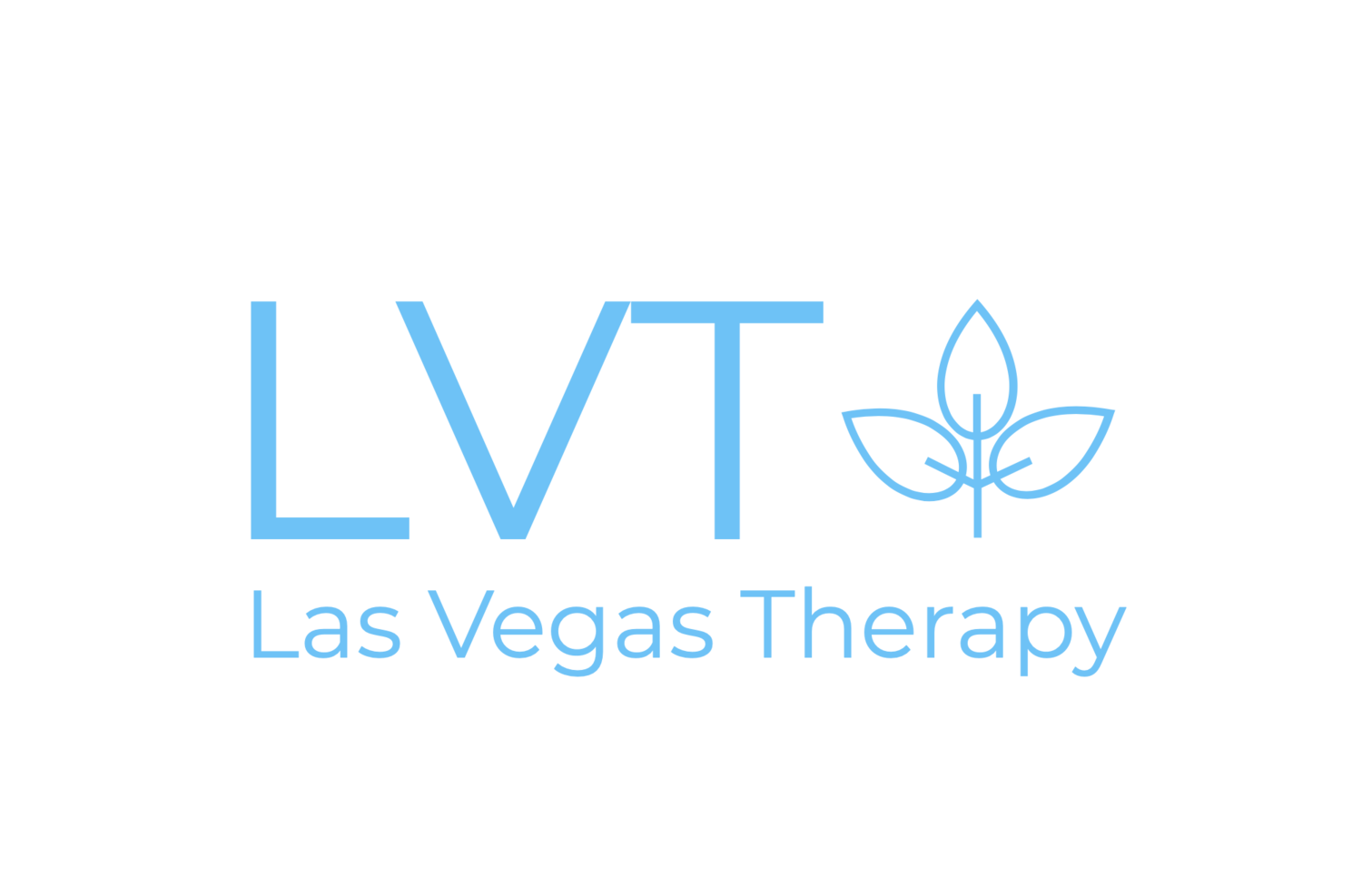Experiencing trauma can leave lasting emotional scars that impact our daily lives and relationships. Fortunately, there are various therapeutic approaches designed to address trauma and promote healing. One such effective therapy is Eye Movement Desensitization and Reprocessing (EMDR). In this blog post, we will explore what EMDR therapy entails, how it works, and the benefits it offers in helping individuals heal from trauma.
Understanding EMDR Therapy:
EMDR therapy was developed in the late 1980s by Francine Shapiro, a psychologist. It was initially intended to alleviate the distress associated with traumatic memories, but its effectiveness extended to various mental health concerns, including anxiety, depression, and phobias.
The core principle of EMDR is that traumatic experiences can overwhelm the brain's natural processing capabilities, leading to the maladaptive storage of memories. These unprocessed memories contribute to emotional and psychological distress. EMDR aims to help the brain reprocess these memories and integrate them in a healthier way.
How EMDR Works:
EMDR involves a structured eight-phase approach that integrates elements from different therapeutic modalities, including cognitive-behavioral therapy (CBT) and psychodynamic therapy. The therapist guides the individual through specific steps to facilitate healing.
History Taking and Treatment Planning: The therapist conducts a comprehensive assessment of the individual's trauma history and develops a treatment plan tailored to their specific needs.
Preparation: The therapist educates the individual about EMDR, its process, and what to expect during therapy. Establishing a trusting and safe therapeutic environment is crucial before delving into traumatic memories.
Assessment: The therapist identifies specific traumatic memories or triggers that need to be targeted during the EMDR sessions.
Desensitization: The individual focuses on the identified traumatic memory while simultaneously experiencing bilateral stimulation, such as eye movements, taps, or auditory tones. This helps reduce the emotional intensity associated with the memory.
Installation: Positive beliefs and self-statements are integrated to replace the negative beliefs associated with the traumatic memory.
Body Scan: The therapist assesses the individual's body sensations and identifies any residual tension related to the traumatic memory.
Closure: Each EMDR session ends with a grounding exercise to ensure the individual feels stable and safe.
Reevaluation: Progress is assessed regularly to ensure the individual is making positive strides towards healing.
Benefits of EMDR Therapy:
EMDR therapy offers several benefits in the treatment of trauma and related mental health concerns:
Efficient and Time-Limited: EMDR has been found to be more time-efficient compared to traditional talk therapies, allowing individuals to experience significant improvements in a shorter time frame.
Lasting Effects: EMDR's effects have been shown to be long-lasting, and individuals often report continued improvement even after therapy concludes.
Non-Invasive: EMDR does not require individuals to extensively recount traumatic events, making it a less intrusive therapeutic approach for trauma survivors.
Comprehensive Approach: EMDR addresses not only the emotional aspects of trauma but also the physiological and cognitive components, providing a comprehensive healing experience.
EMDR therapy is a powerful and evidence-based approach for healing trauma and its aftermath. By facilitating the reprocessing of traumatic memories, EMDR empowers individuals to achieve lasting emotional healing and regain control over their lives. If you or a loved one are struggling with the effects of trauma, consider seeking the expertise of a trained EMDR therapist at LVT Mental Health. Our compassionate professionals specialize in treating anxiety, depression, trauma, and relationship challenges, offering personalized care to support your journey towards healing and transformation. Remember, healing is possible, and EMDR can be a vital step in reclaiming a brighter, more resilient future.

